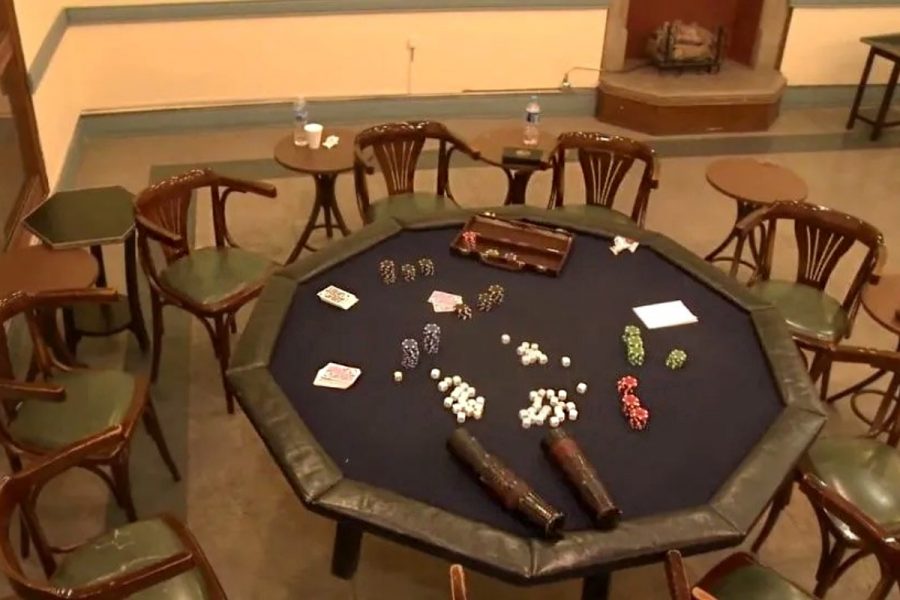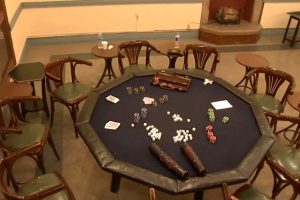UK inquiry calls for new approach to crimes linked to problem gambling

The Howard League has proposed that the Gambling Commission recoup compensation for gambling-related crimes.
UK.- The prison reform charity The Howard League’s Commission on Crime and Problem Gambling has published a report examining links between problem gambling and crime over the past two years. Entitled State of Play, it claims the UK’s criminal justice system suffers from a ‘lack of knowledge‘ on problem gambling and has dealt with related crime inadequately.
It says that although problem gambling is recognised as a mental health disorder, courts have often given offenders more serious punishments in place of fines and treatment orders.
It’s called for a review of the use of confiscation orders under the 2002 Proceeds of Crime Act’s when related to gambling crimes, saying they place burdens on family members and hamper rehabilitation. It proposes that compensation for gambling crimes instead be recovered by the UK regulator, the Gambling Commission, through its investigations of operators’ social responsibility and customer care failures.
The report includes direct feedback from CJS and health experts as well as gambling companies and people who have suffered gambling harm. It found that the CJS ‘examples of good practice’ for how police should respond to crimes that result from problem gambling.
It recommends that the Ministry of Justice provide training on problem gambling for legal practitioners and improve the assessment of people with problem gambling currently serving sentences. It also recommended improving engagement with specialised local services.
Lord Goldsmith QC, chair of the Commission on Problem Gambling, said: “Crime related to problem gambling represents unplumbed depths of which the criminal justice system seems largely unaware.
“Prisons do not screen for signs of problem gambling when people arrive, and it would be up to individual probation practitioners to pick up on problem gambling from their caseload – with limited guidance to support the people they are supervising or to advise on what treatment services might be available locally.
“Pockets of good practice do exist, particularly where the police first make contact with people who may have committed offences linked to problem gambling, but far more work needs to be done across the system to tackle this issue and reduce crime.”
Meanwhile, the Gambling Commission’s quarterly participation and problem gambling survey has found that problem gambling levels fell to 0.3 per cent in September. It’s the joint lowest figure on record since the survey began in 2016.
See also: Britain’s Gambling Commission reports on BAME analysis











